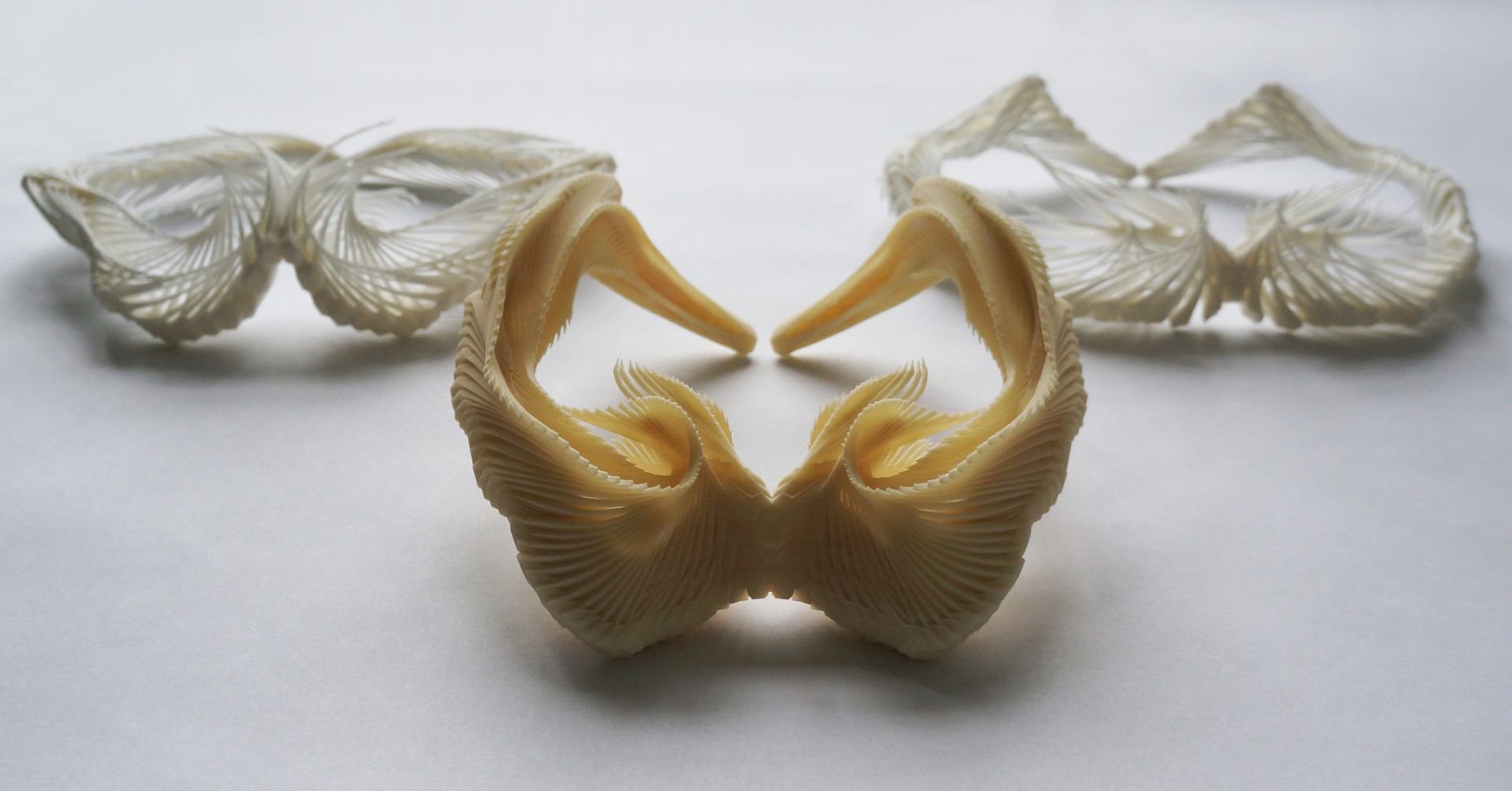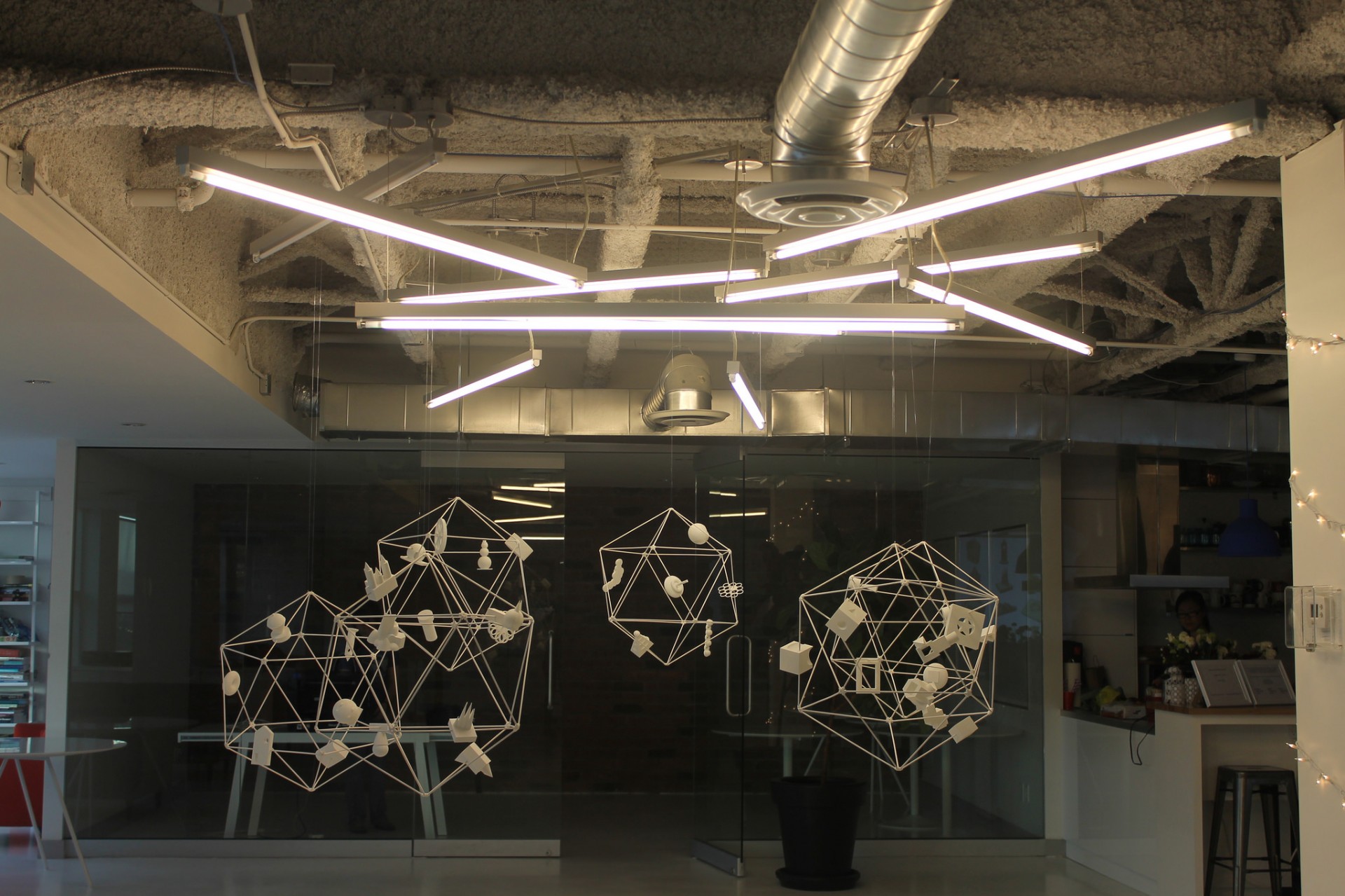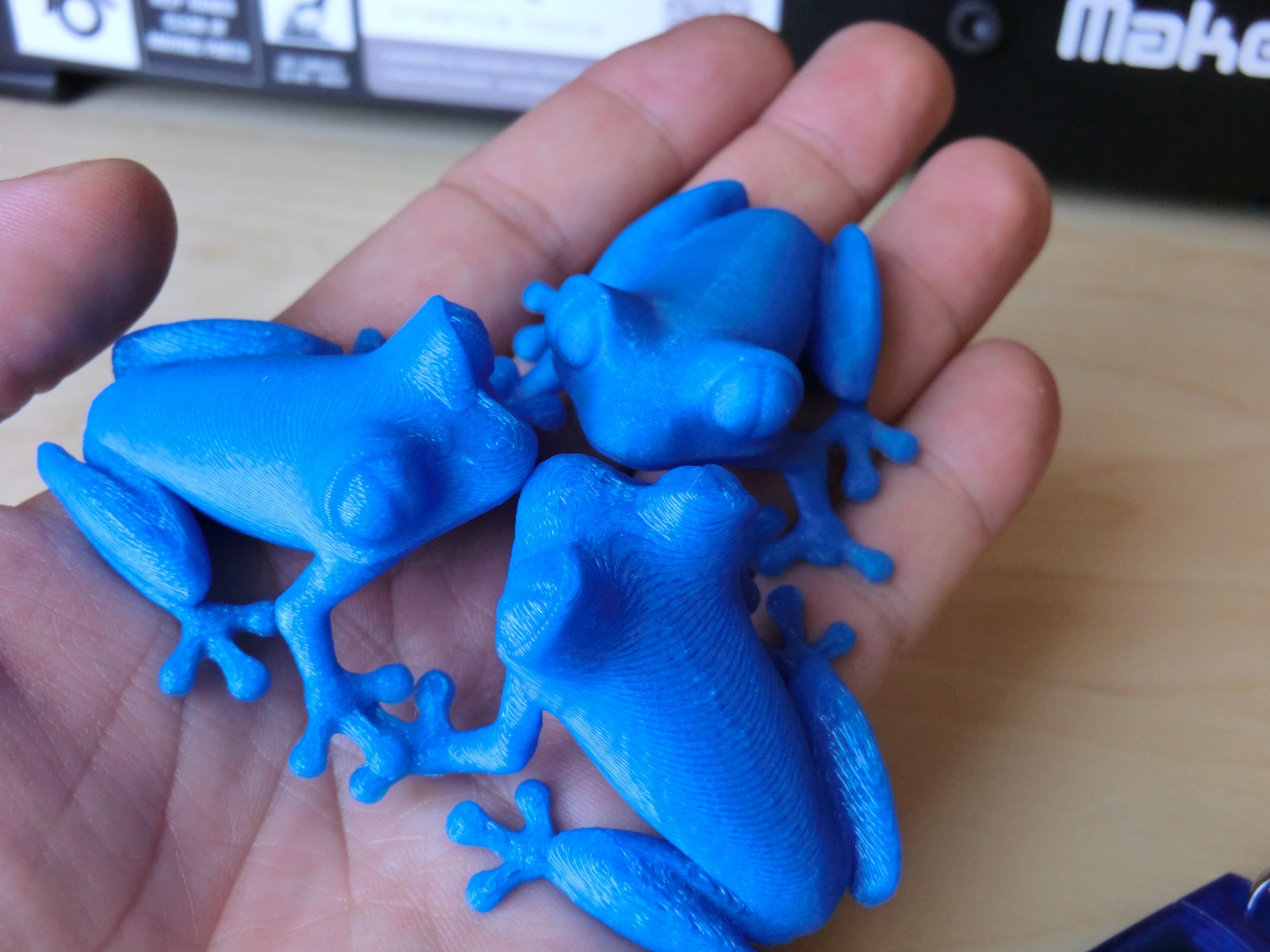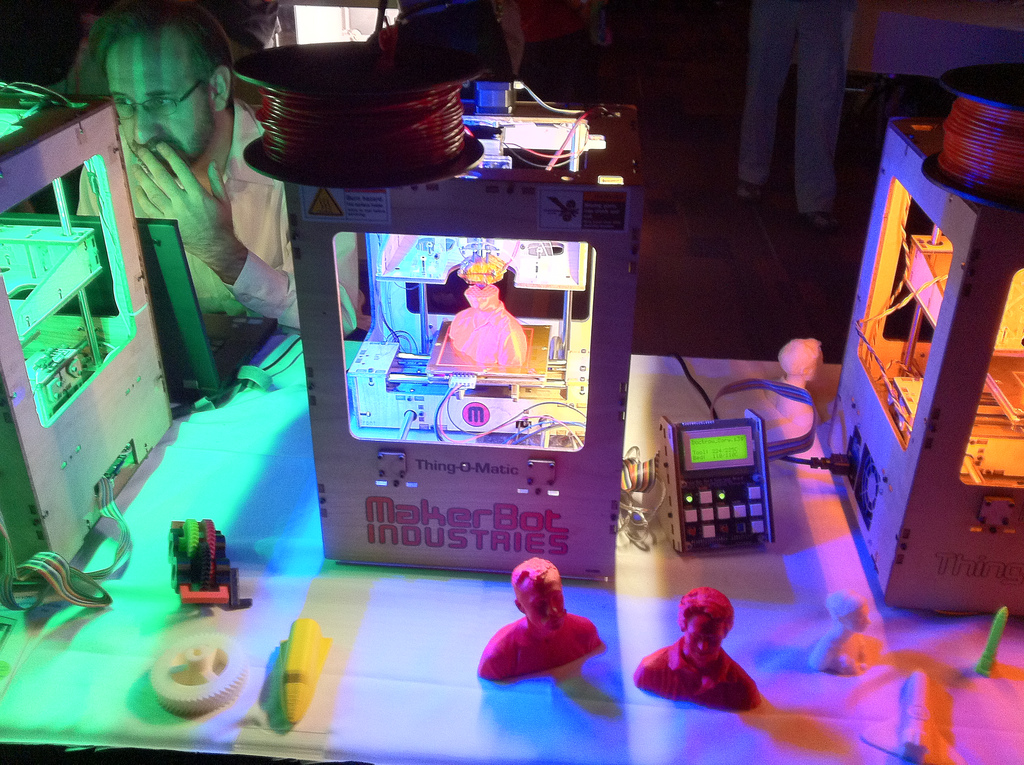How 3D Printing could make an impact in our Schools
Image sourced via Flickr Creative Commons. Credit Stacie DaPonte
Mathematics
It can be difficult for students without a natural ability in maths to envisage 3D sculptures, shapes and graphs. Access to 3D printing makes it possible for teachers to create these abstract shapes for students to observe and better understand. Access to these shapes can help students understand the results and repercussions of mathematical principles which contribute to their creation.
The Simons Foundation has created this video exploring the potential for creating 3D shapes using mathematical principles.
 Image sourced via Flickr Creative Commons. Credit Madeline Gannon
Image sourced via Flickr Creative Commons. Credit Madeline Gannon
History
Museums around the world have starting using the technology to bring long deceased and extinct objects back from the dead. The Smithsonian Museum of Natural History in Washington has created a number of accurate dinosaur skeleton recreations for visitors to enjoy. Although creating a full-scale tyrannosaurus rex may not be suitable in the confines of the classroom – students could enjoy the hands-on experience of re-creating bones and other historical artefacts which they would not otherwise have access to.
 Image sourced via Flickr Creative Commons. Credit Stacie DaPonte
Image sourced via Flickr Creative Commons. Credit Stacie DaPonte
Art
Opening up more artistic possibilities than sketch book drawings and dry paint creations – a 3D printer can allow artistically-inclined students to create in the third dimension. A whole world of potential is opened up with students creating ambitious art pieces and sculptures. The process of designing a 3D sculpture on a computer allows for mistakes and revisions to be made – unlike physical sculptures made with hammer and chisel.
 Image sourced via Flickr Creative Commons. Credit Creative Tools
Image sourced via Flickr Creative Commons. Credit Creative Tools
Geography
Exploring unique rock formations and layers of the earth traditionally found metres and miles under the surface can be tricky from the classroom. This has traditionally necessitated expensive school trips to mountains, valleys and unusual geographical formations. However, 3D printers could make it possible to recreate these formations for students to observe and study.
Additionally, 3D printing has allowed geologists to create accurate portrayals of earthquakes, helping them better understand the causation and prepare sufficiently for when another hits areas which are prone to the natural disasters.
 Image sourced via Flickr Creative Commons. Credit Kyle Pearce
Image sourced via Flickr Creative Commons. Credit Kyle Pearce
Design and Technology
Like art, 3D printing can simplify the processes from students looking to build three dimensional structures and objects for a design and technology project. The accurate technology allows students to create a wide range of 3D models from strong resin. As 3D printing becomes more commonplace in modern design and production companies – it can be beneficial for students to learn how to use the technology in school.


